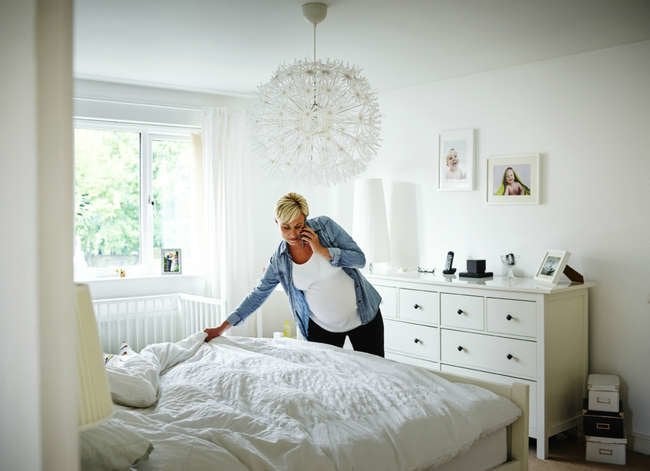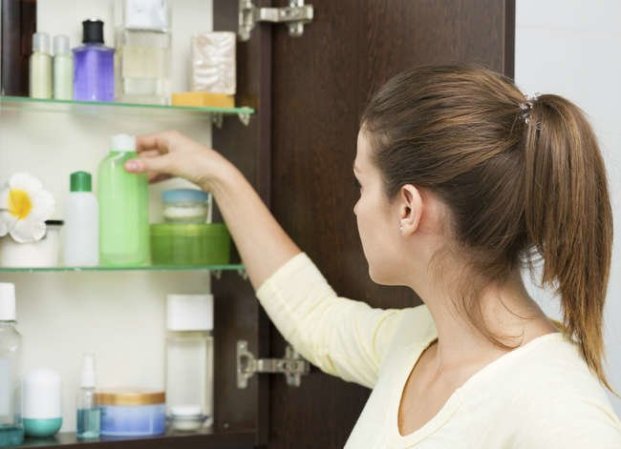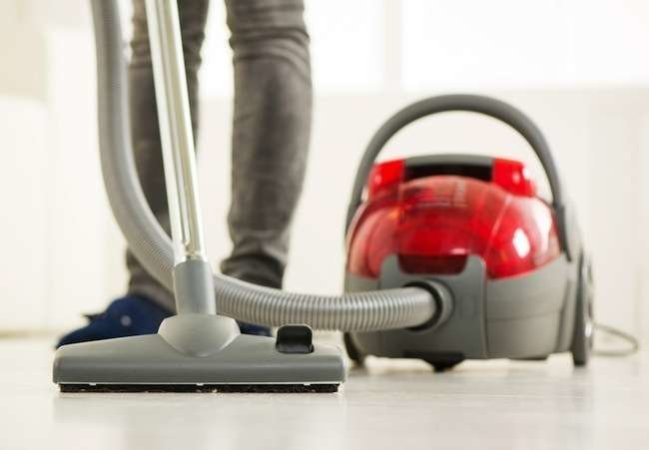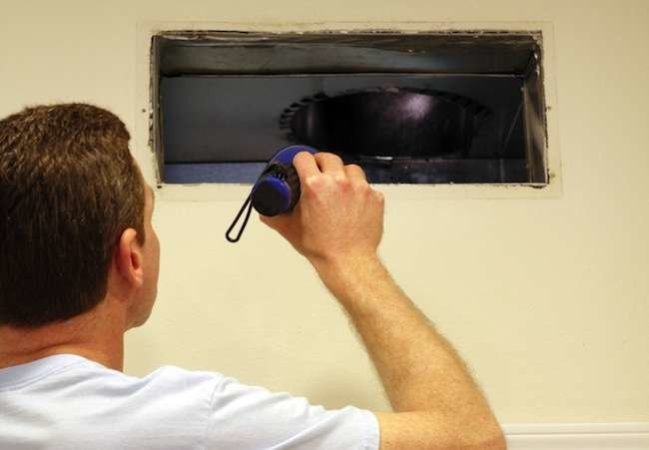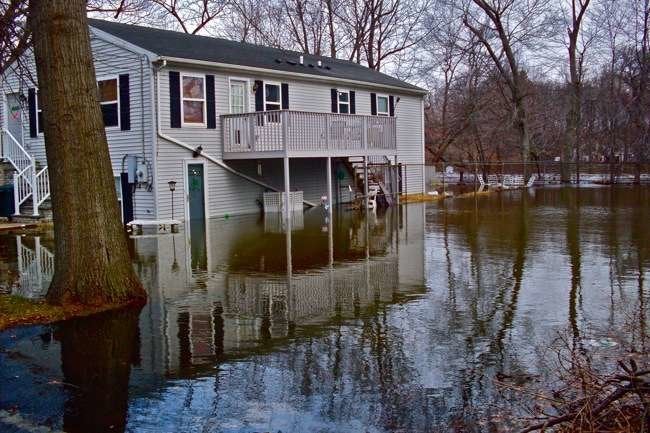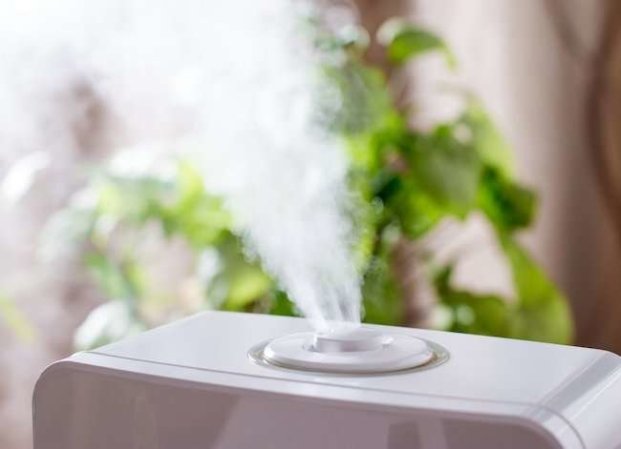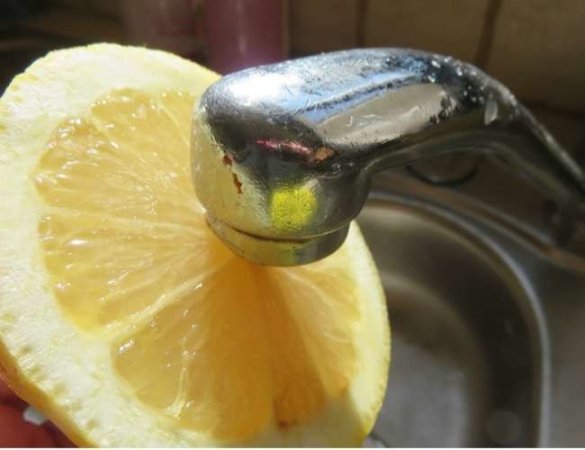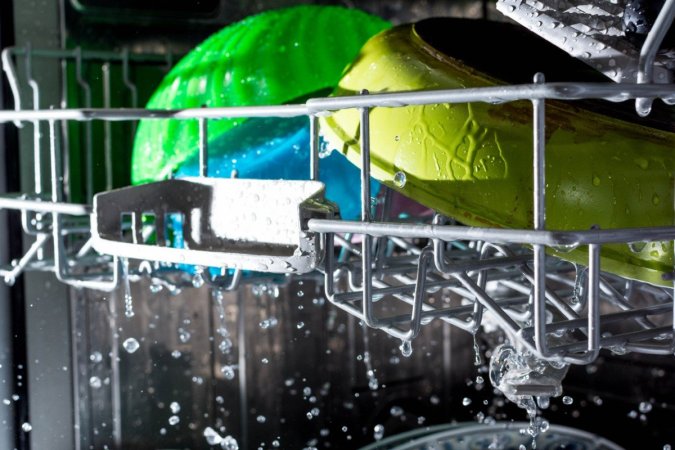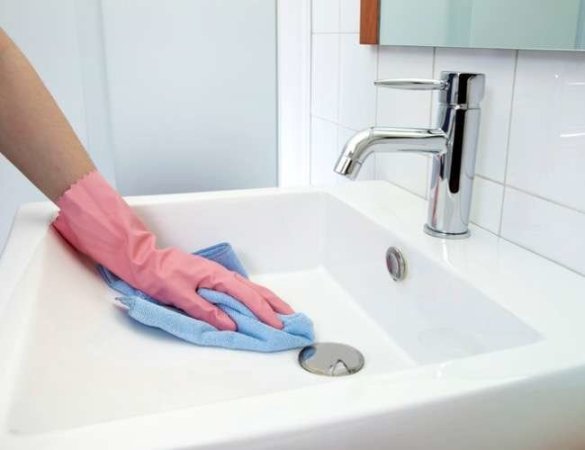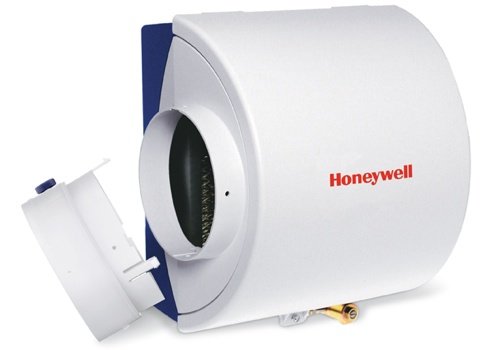We may earn revenue from the products available on this page and participate in affiliate programs. Learn More ›
Cleaning Products Can Dirty The Air
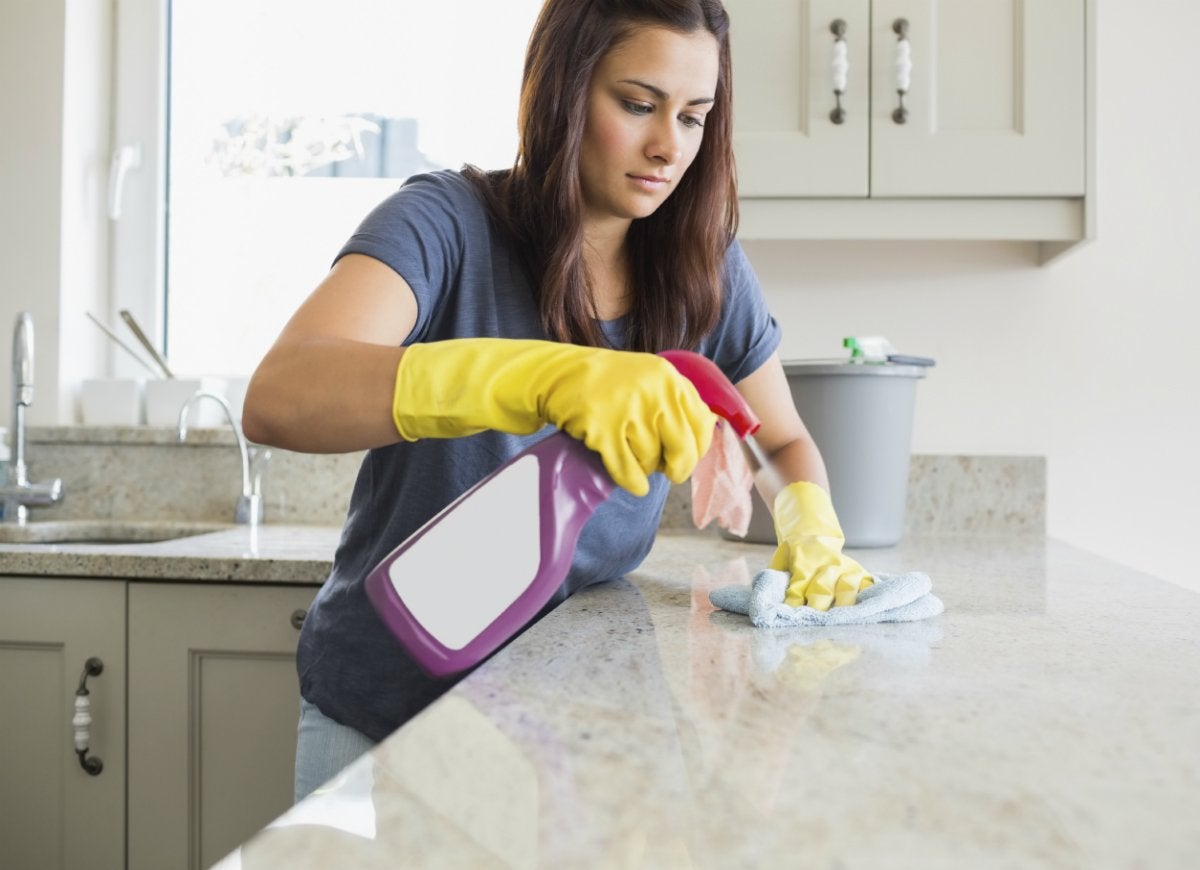
You may be getting more than you bargained for if you clean with conventional cleaning products. Many sprays and cleansers are laced with unregulated chemicals that can release toxic fumes into the air in the form of VOCs (volatile organic compounds). Exposure to these hazardous chemicals may cause headaches, nausea, or other ailments. That’s why, if you’re going to clean with the windows closed, it’s in your best interest to switch to all-natural or DIY cleansers.
Air Fresheners Cause Similar Problems
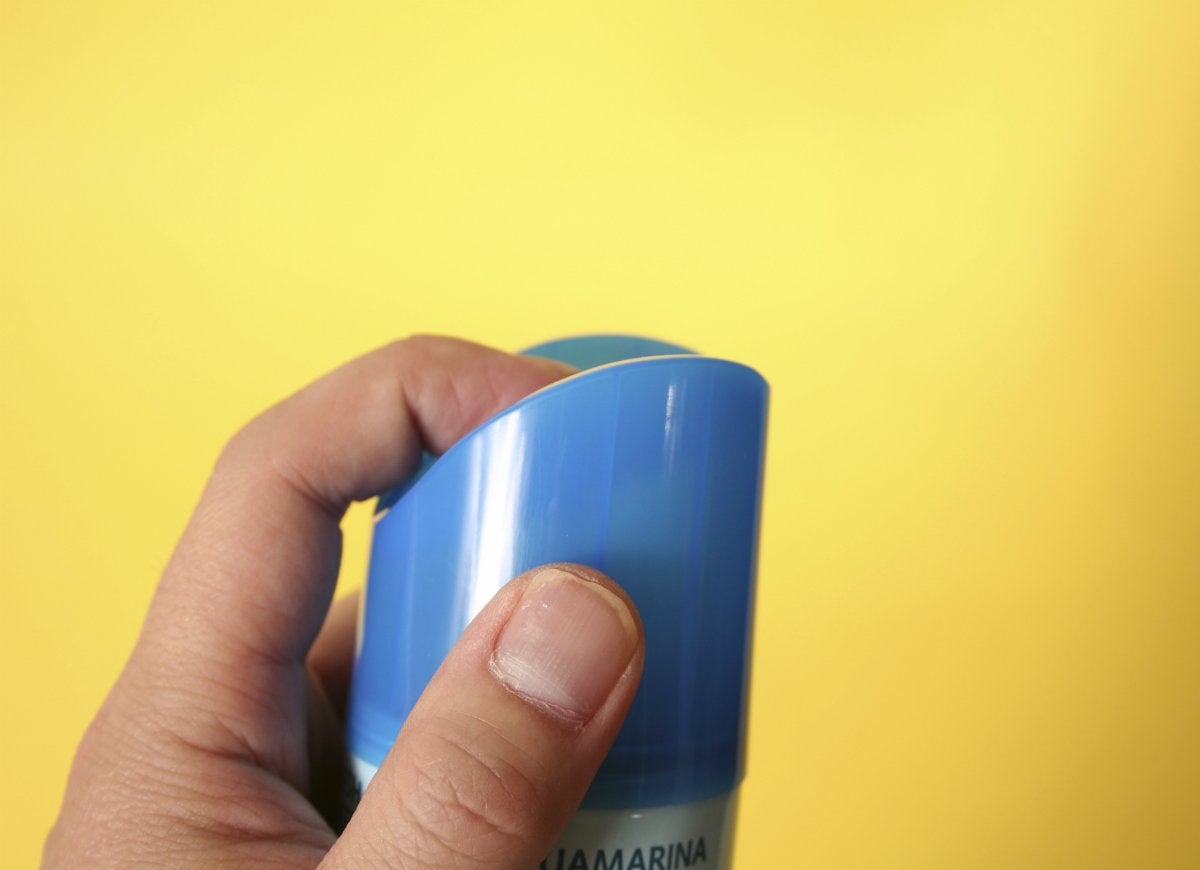
Sure, you want your home smelling clean and fresh at all costs, but many air fresheners and scented candles contain harmful carcinogens. For a naturally fresh-smelling home, consider switching to homemade potpourri or natural, unscented candles. If you can’t part with your artificial fragrance quite yet, at least crack a window each time you light a candle to allow fumes out and fresh air into your home.
High Humidity Can Cause Contaminants To Spread
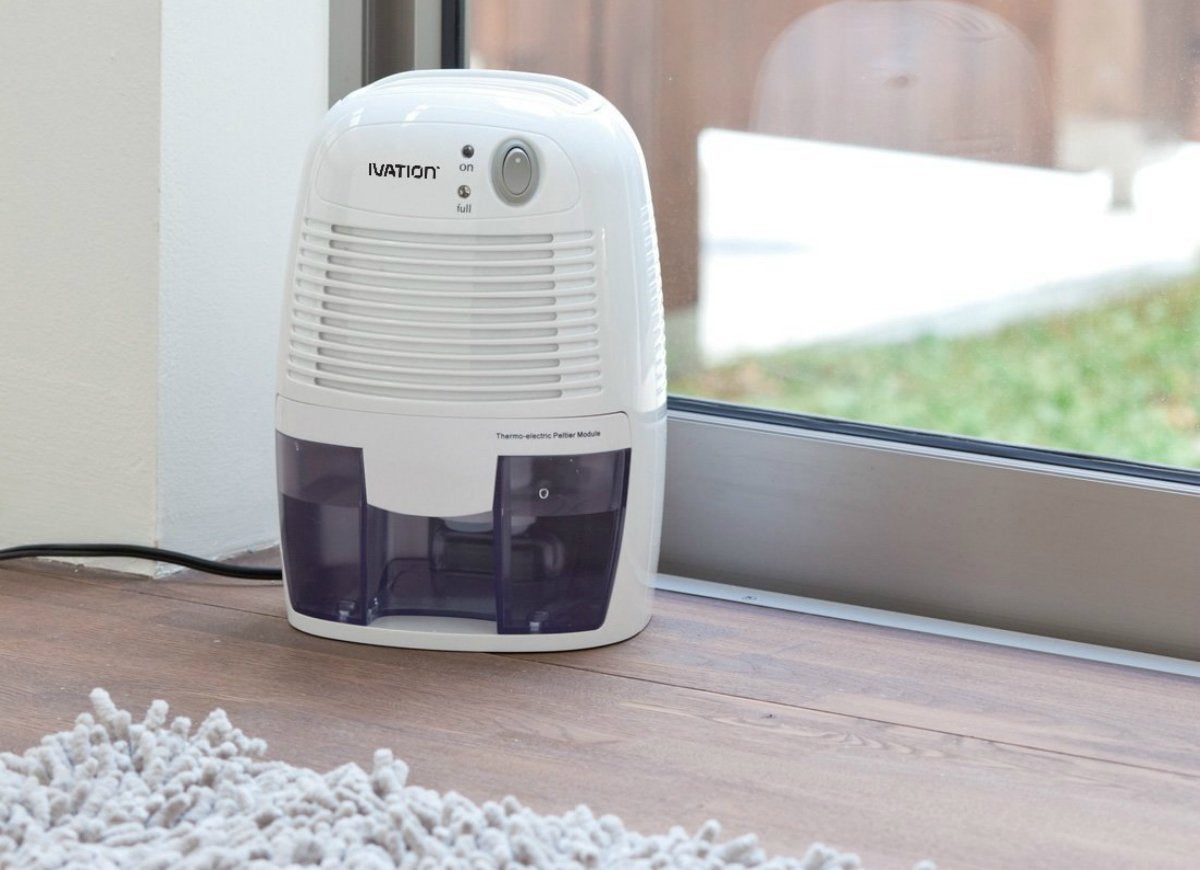
A moist environment is a recipe for indoor air pollution. Damp conditions allow dust mites, mold, and mildew to breed and multiply, while excess moisture also causes hardwood floor boards to release formaldehyde into the air. This colorless gas can cause irritation to the eyes, nose, and throat. Your best bet? Run the dehumidifier to remove the moisture from the air.
Air Purifiers Only Clean Up Part of the Air
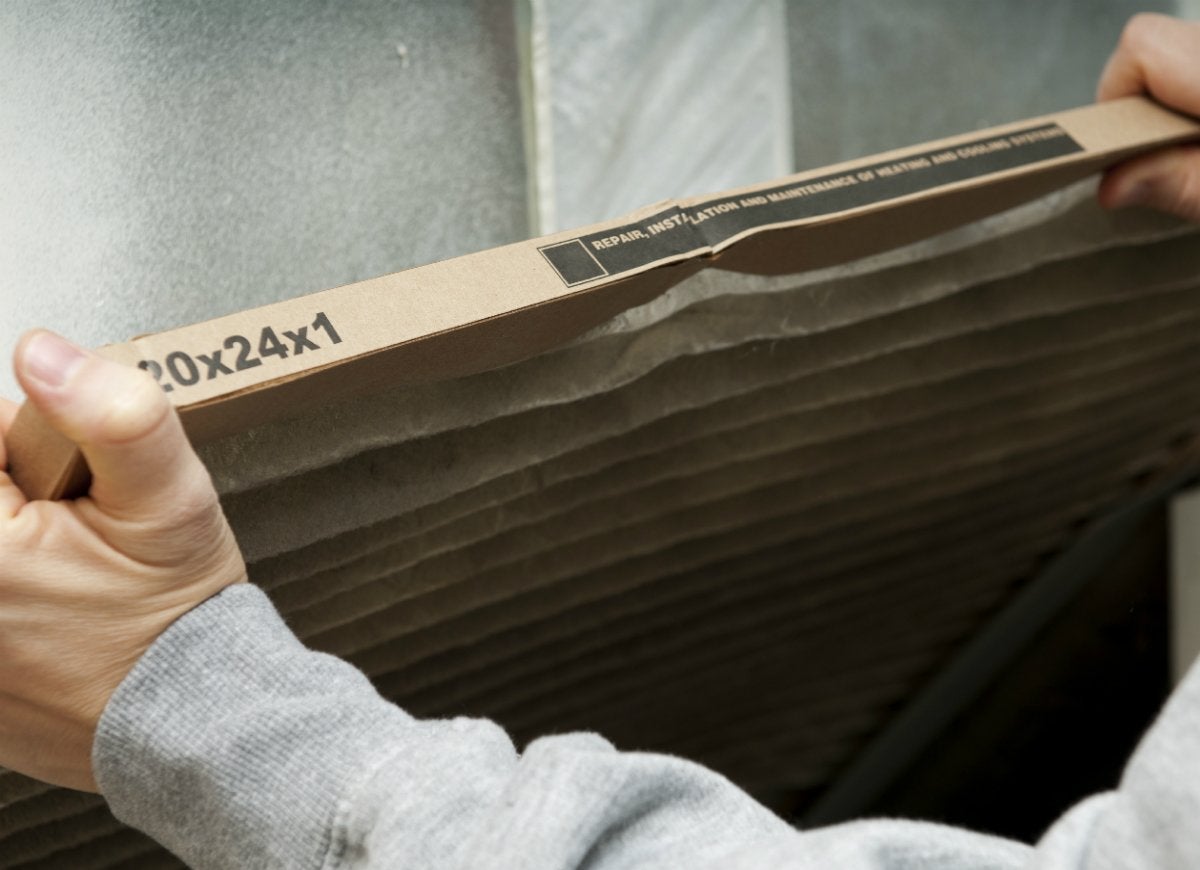
Did you know that you need more than one air filter to purify household air? Most indoor pollutants fall into two categories: harmful particulate matter like smoke, pollen, dust, tobacco smoke, and gaseous matter like paint fumes and vapors from cleaning products. Each type of impurity responds to different filters. The HEPA filter tends to work best at removing particulates, while the carbon filter is necessary for trapping gaseous pollutants. Install both for dual protection.
Related: Allergy-Proof Your Home in 7 Steps
Homes That Conserve Energy Are Part of the Problem
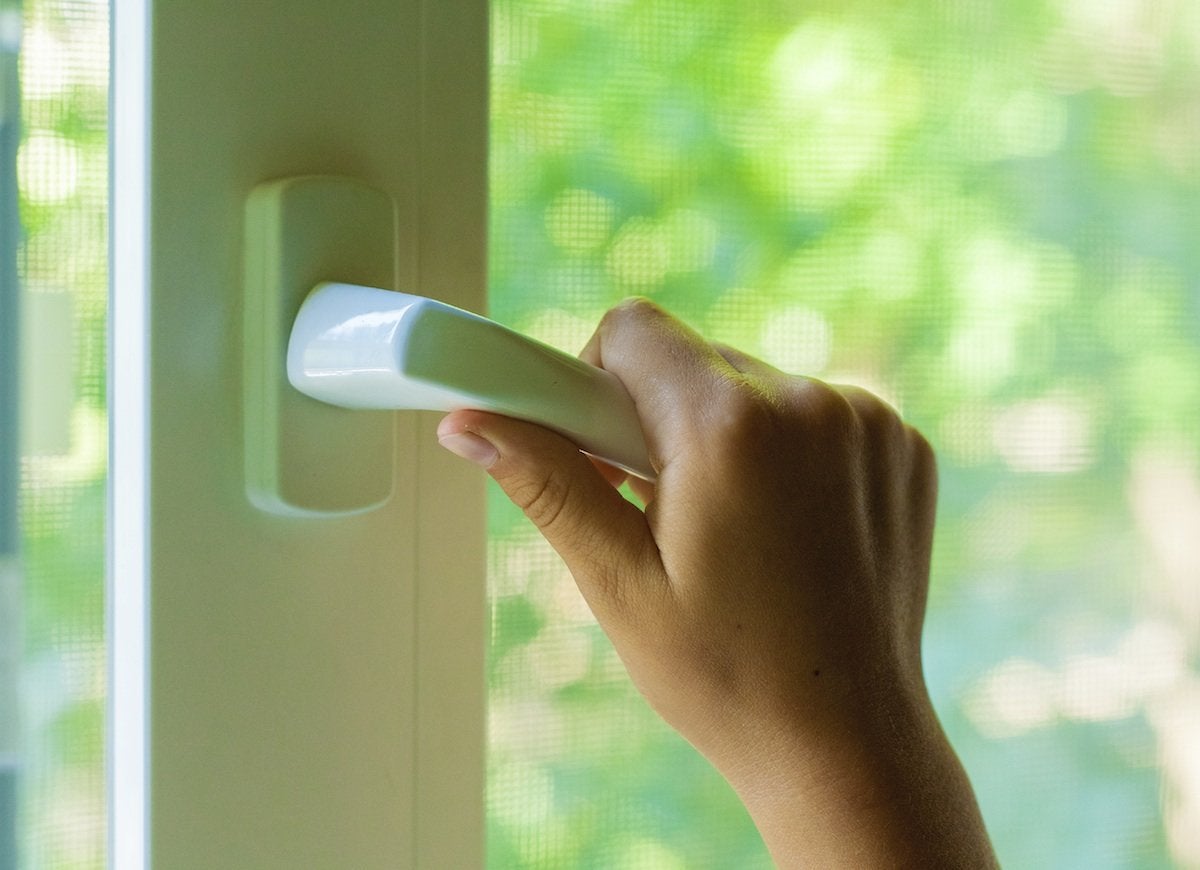
A home that is tightly sealed is great for conserving heat or cool air and reducing bills year-round, but it can also make for a stuffy home. A buttoned up home often suffers from a lack of airflow, which allows contaminants (like VOCs) continue to circulate through the indoor air, causing allergies and discomfort. All the more reason to crack a window whenever you can.
Your Bedding (And Inflatable Mattress) Are Safe Houses for Pollutants

Dust mites replicate—and replicate—in the cozy environment of a warm bed, which is bad news for allergy sufferers. And that inflatable mattress you bought online? The off-gassing that occurs as it inflates to its full size can expose you to even more harmful chemicals. The solution? Wash your bedding regularly to kill dust mites and look for eco-friendly alternatives to that inflatable mattress.
Related: 11 Things You Didn’t Know You Can Clean in Your Washing Machine
Cooking Can Impact Air Quality
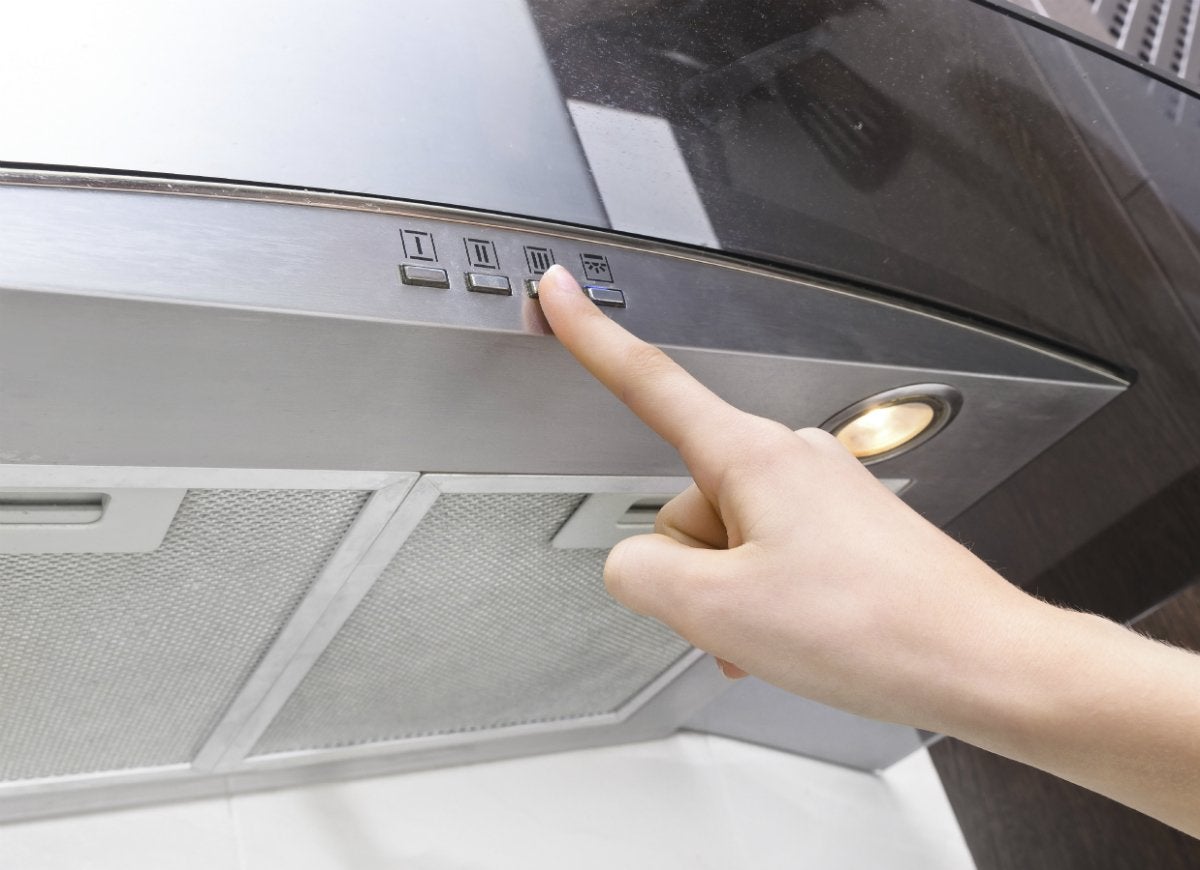
So you decided to fry chicken for dinner, but if you’re not using the range hood fan while you cook, you could be introducing harmful fumes into your kitchen. Banish smoke and grease in the air by cracking a window for fresher indoor air—and be sure you keep the exhaust fan switched on for as long as your gas stove or deep fat fryer is running.
